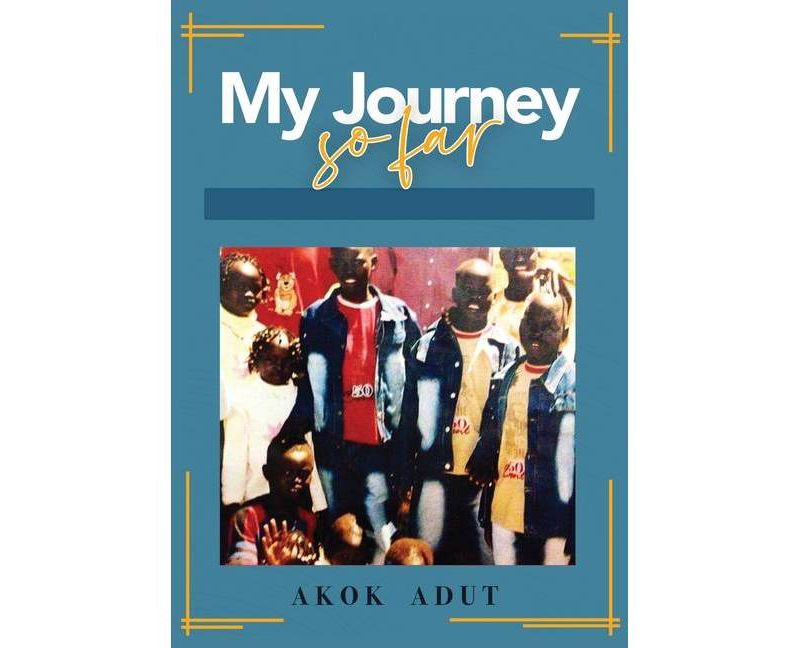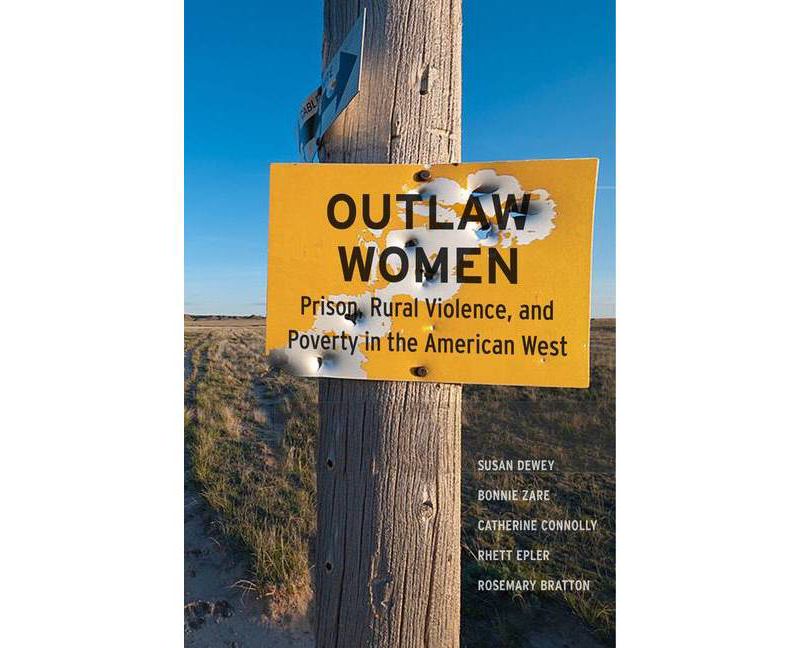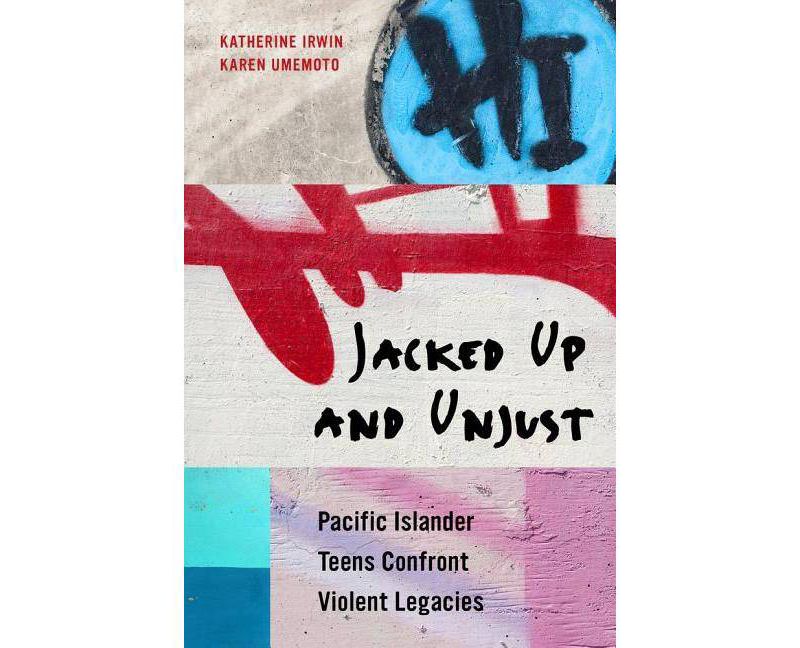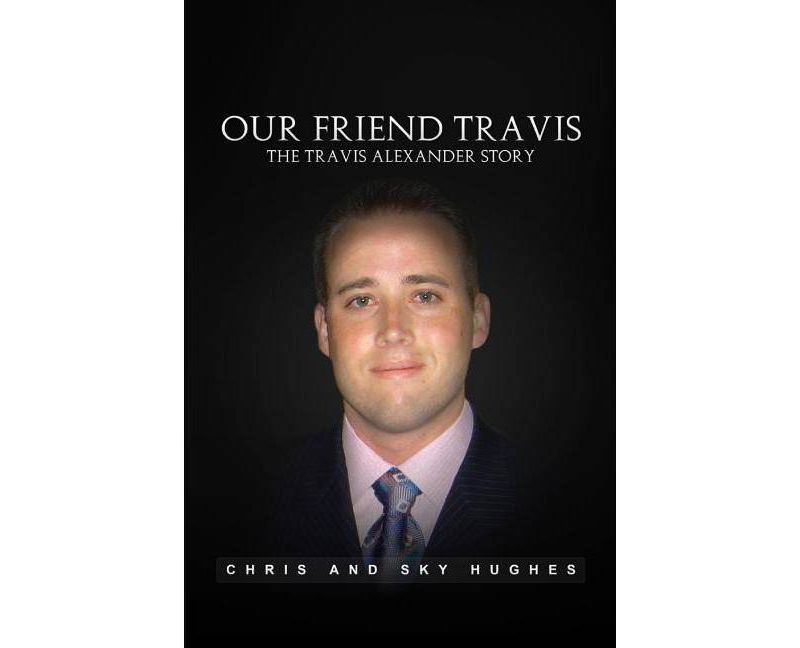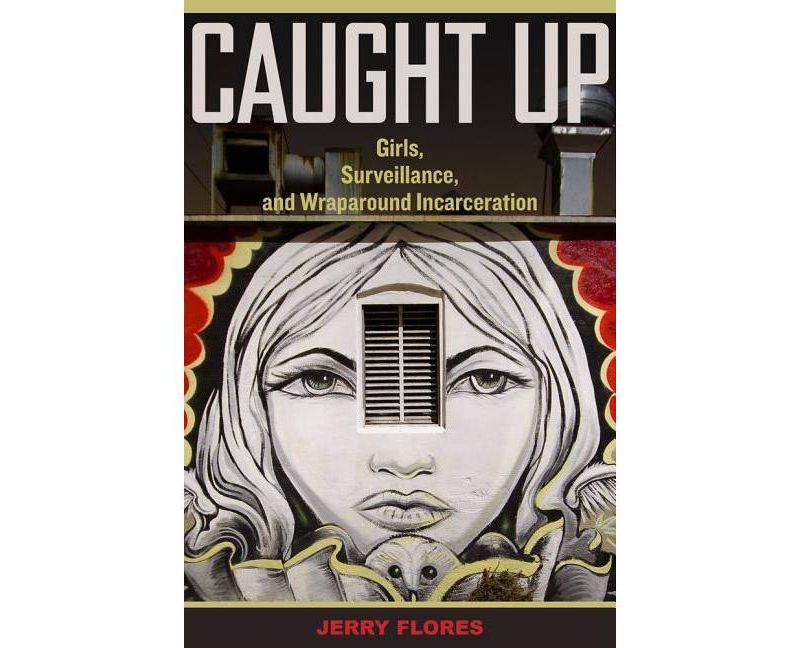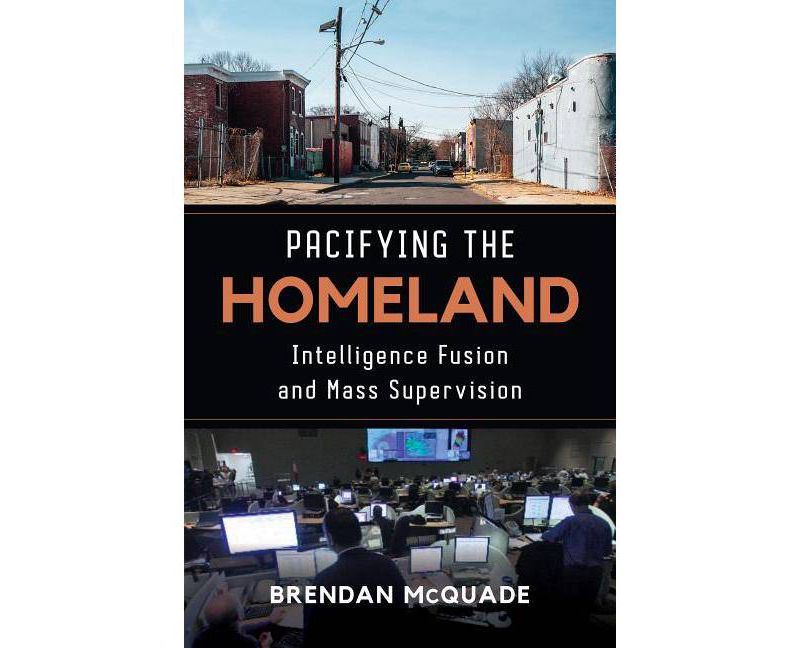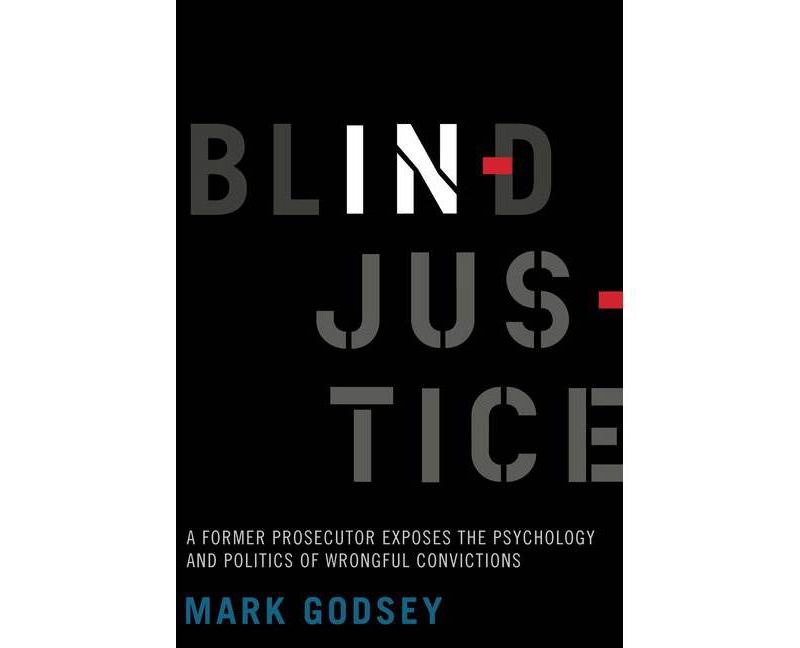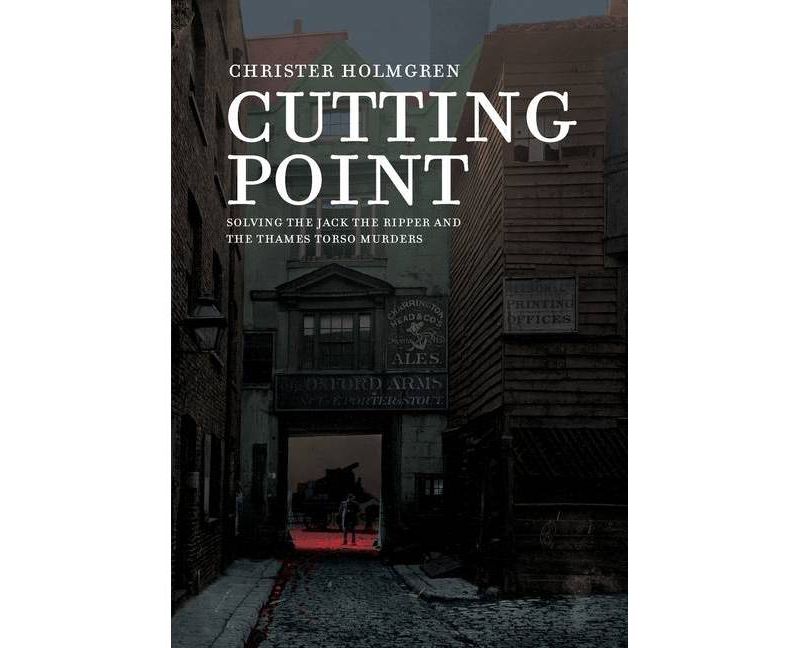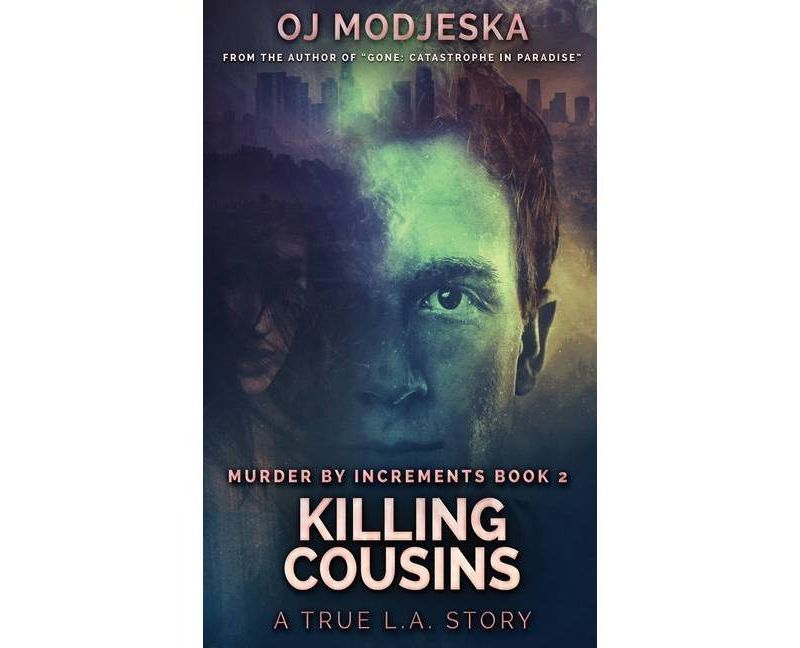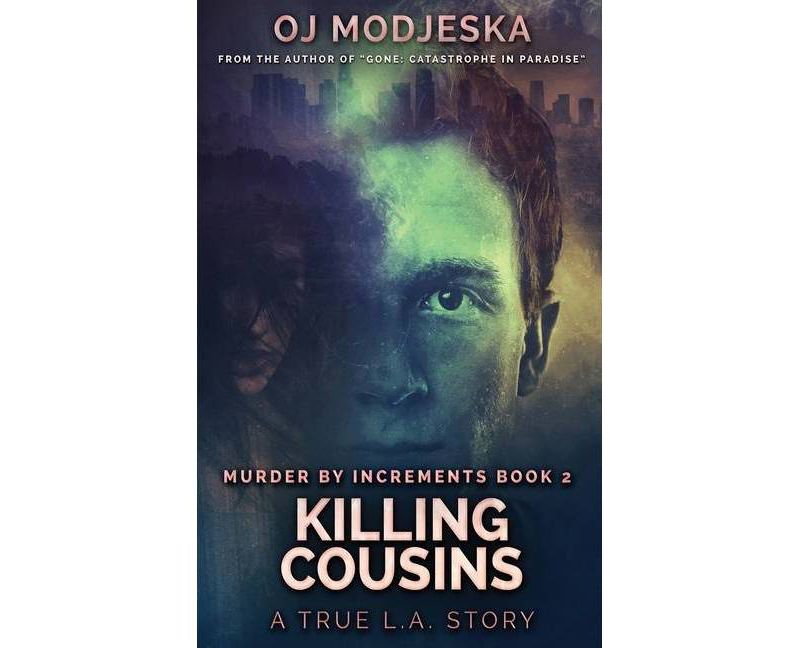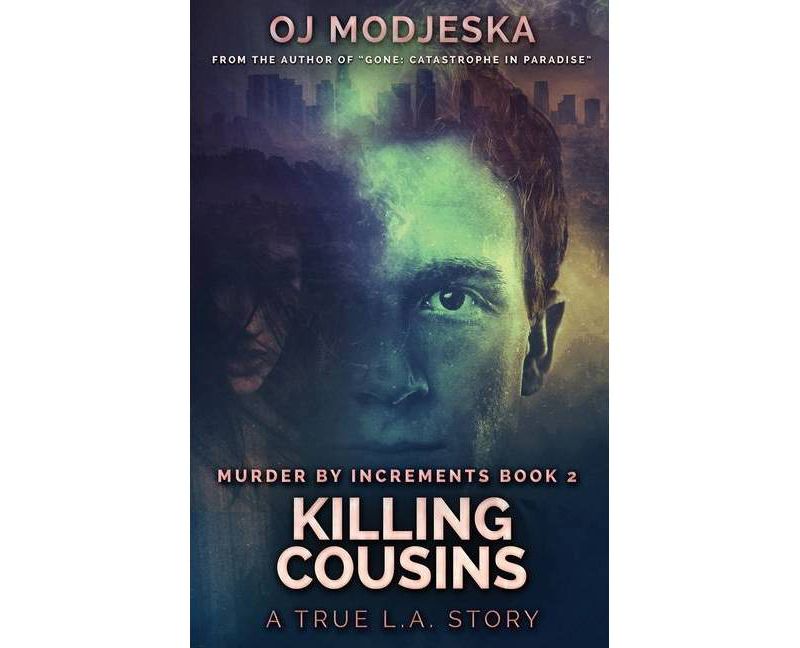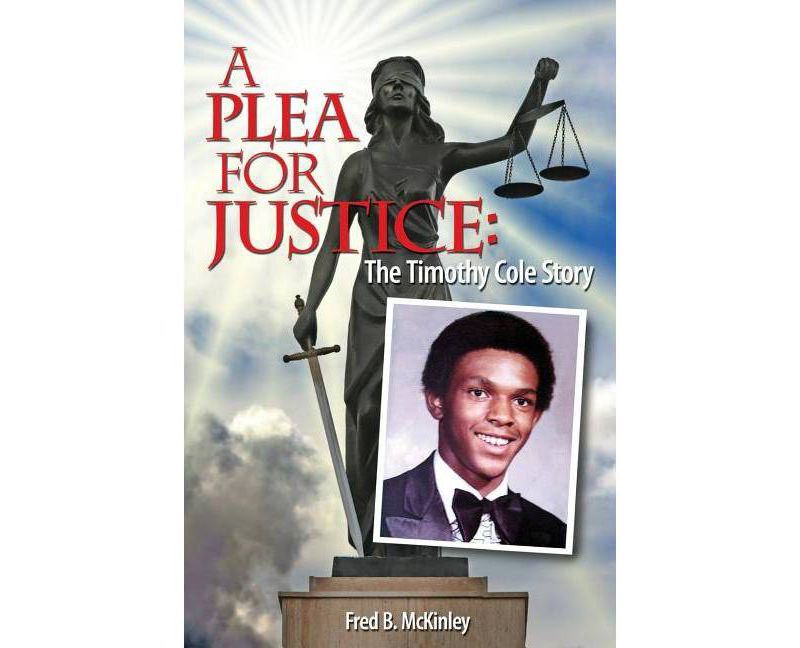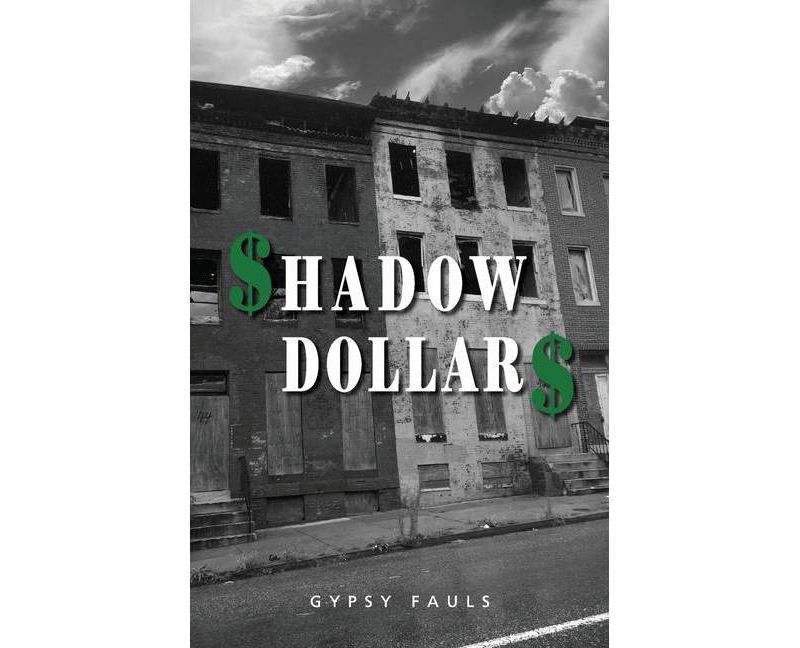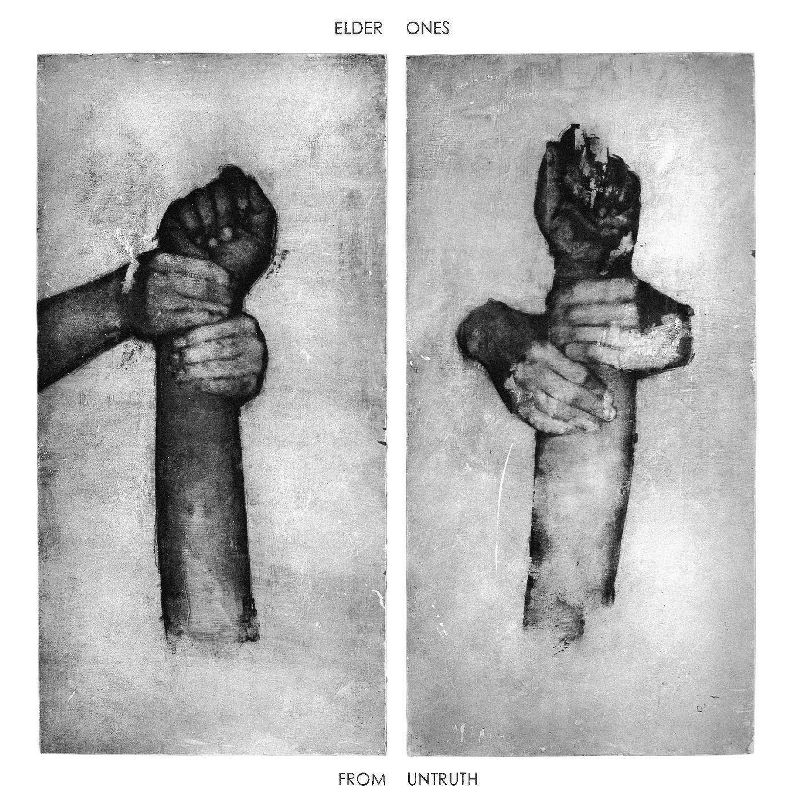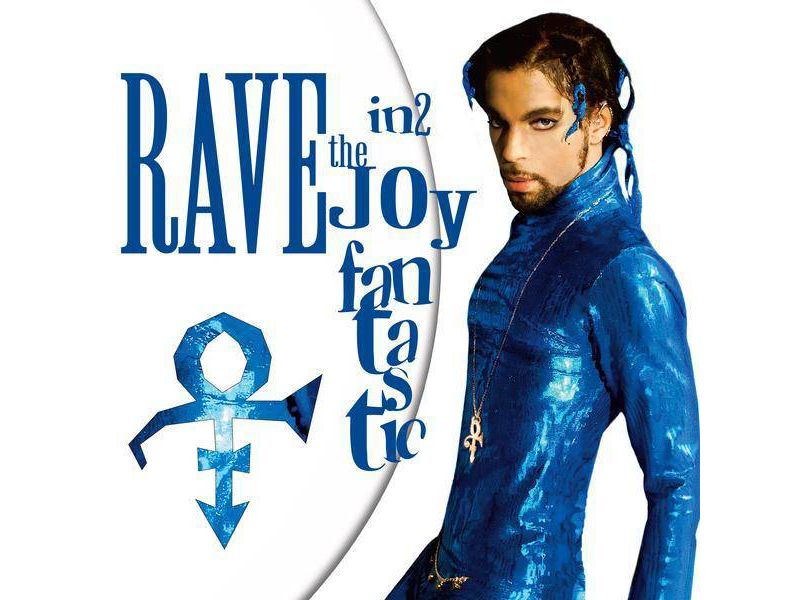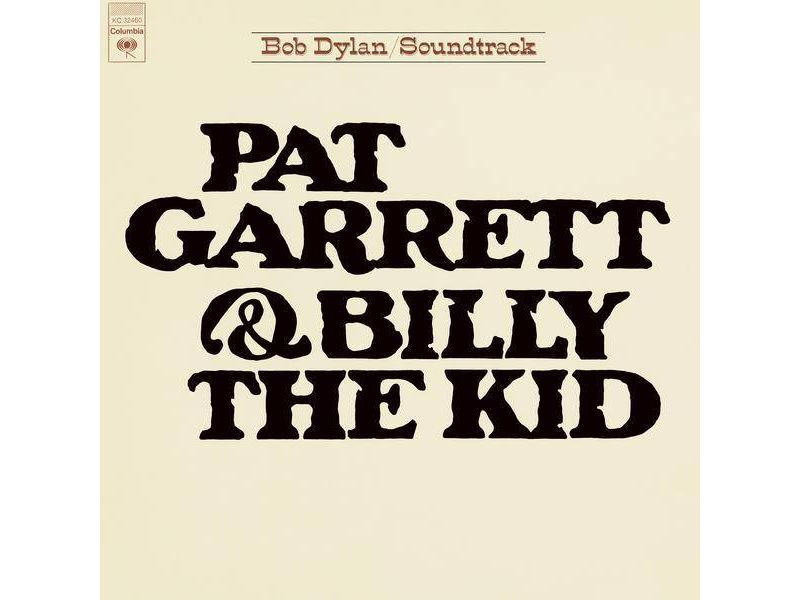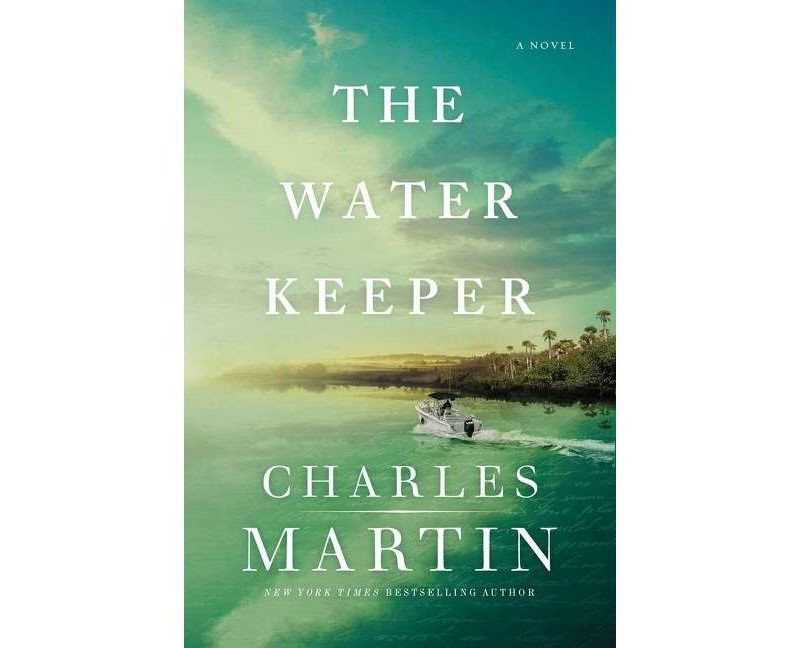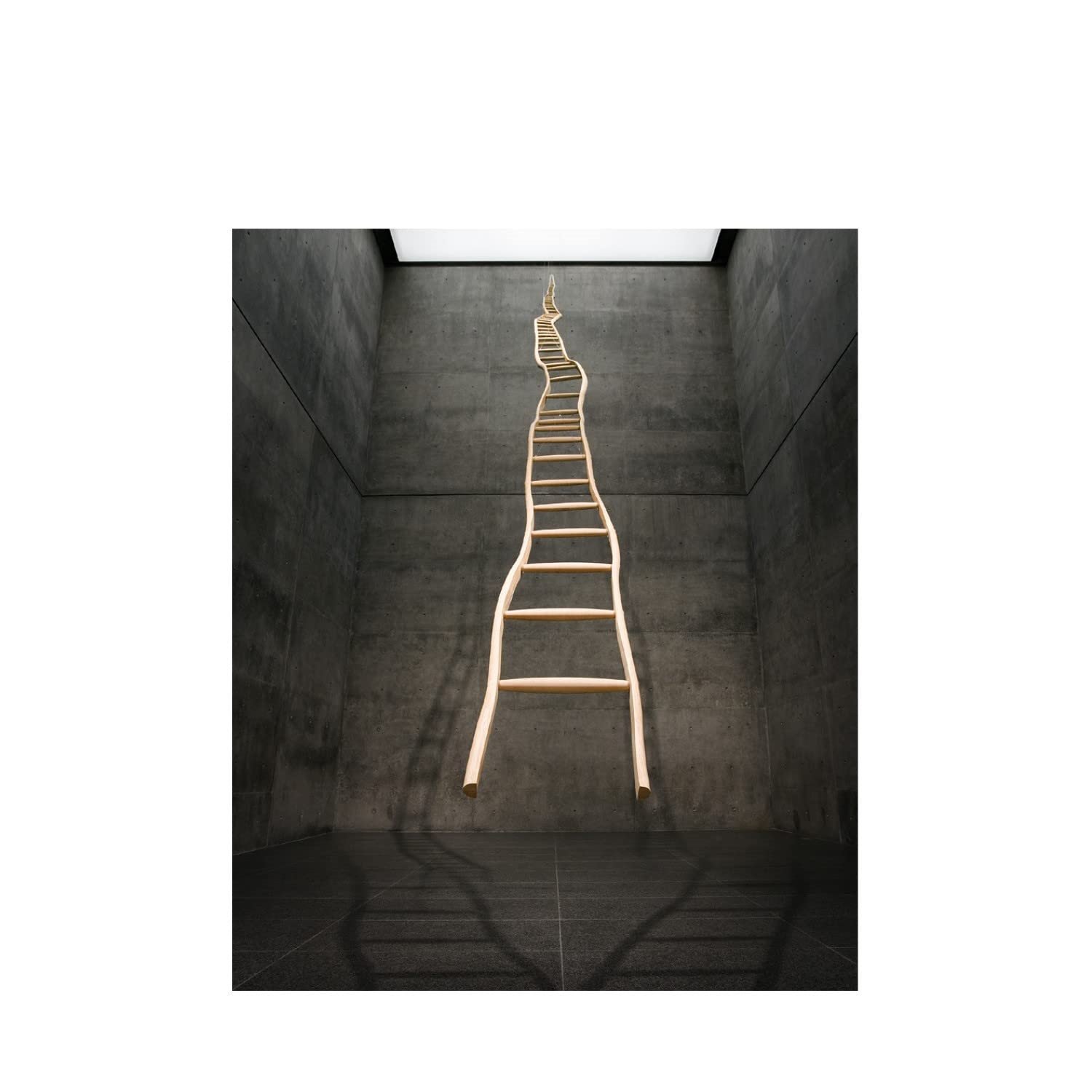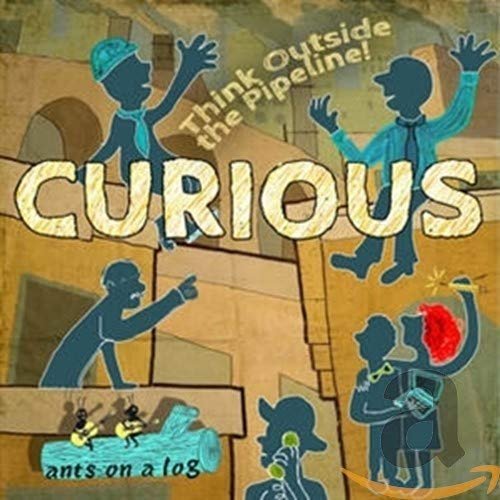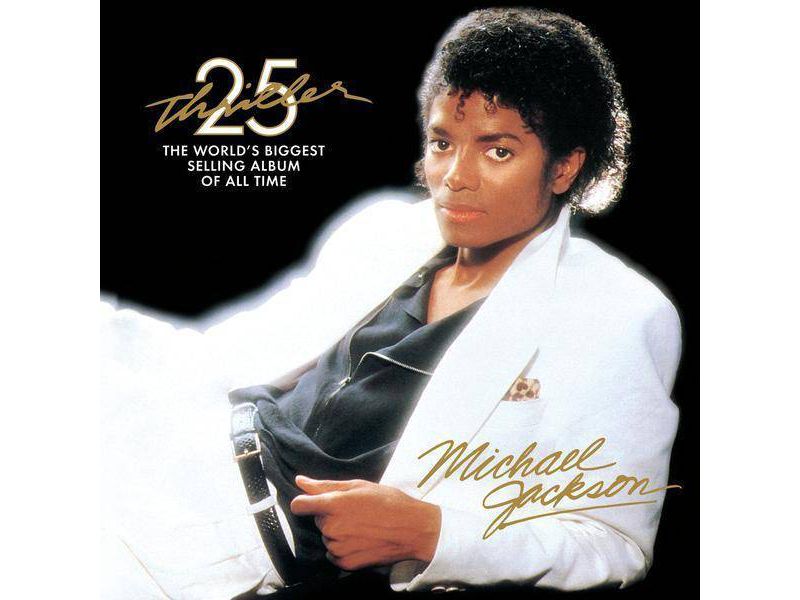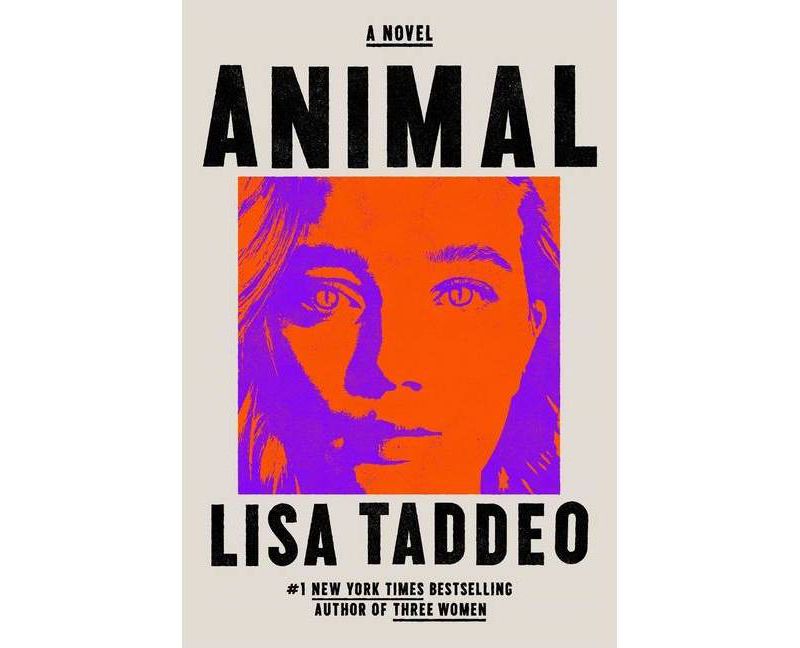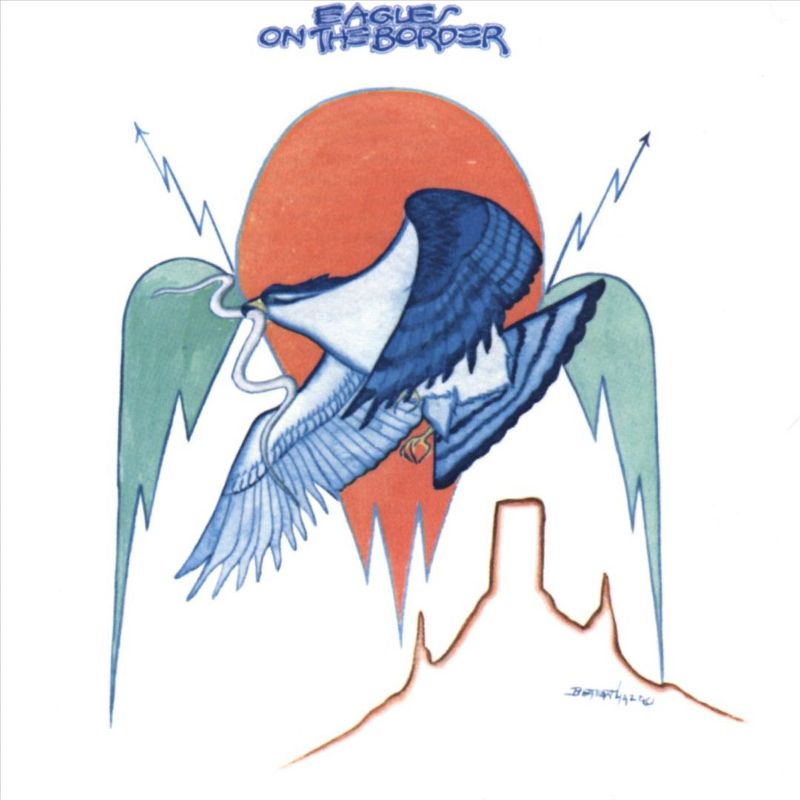Trusted shipping
Easy returns
Secure shopping
Buy Black Resistance to British Policing - (Racism, Resistance and Social Change) by Adam Elliott-Cooper (Hardcover) in United States - Cartnear.com
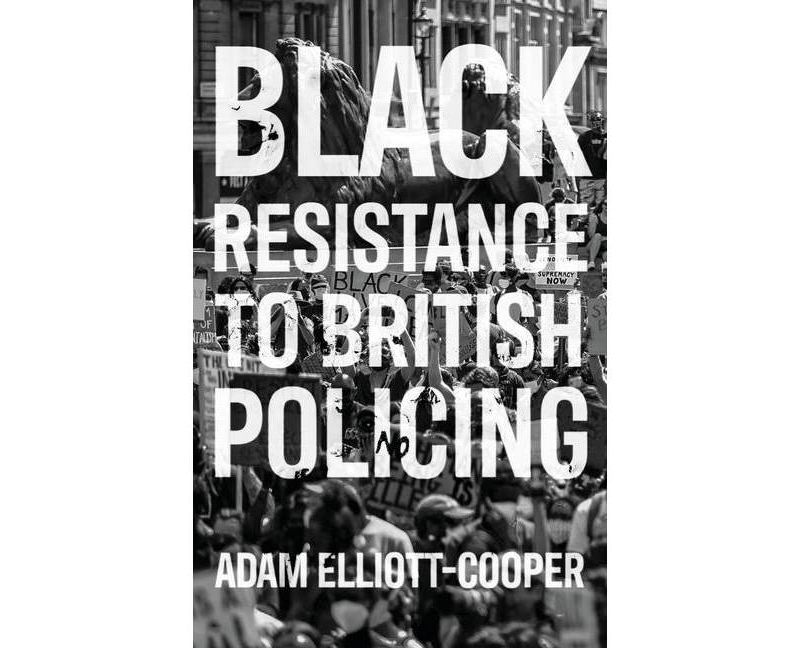
Black Resistance to British Policing - (Racism, Resistance and Social Change) by Adam Elliott-Cooper (Hardcover)
CTNR926048 09781526157072 CTNR926048Learning Advantage
2027-02-08
/itm/black-resistance-to-british-policing-racism-resistance-and-social-change-by-adam-elliott-cooper-hardcover-926048
USD
36.95
$ 36.95 $ 38.49 4% Off
Item Added to Cart
customer
*Product availability is subject to suppliers inventory
SHIPPING ALL OVER UNITED STATES
100% MONEY BACK GUARANTEE
EASY 30 DAYSRETURNS & REFUNDS
24/7 CUSTOMER SUPPORT
TRUSTED AND SAFE WEBSITE
100% SECURE CHECKOUT
Number of Pages: 240
Genre: Social Science
Sub-Genre: Criminology
Series Title: Racism, Resistance and Social Change
Format: Hardcover
Publisher: Manchester University Press
Age Range: Adult
Author: Adam Elliott-Cooper
Language: English
'Brother Adam Elliot Cooper has given us an important slice of Black British history. Grounded not just in solid academic research, but also in front line work serving and working with communities. Adam's grasp of both history and the reality on the ground today makes for an impressive read as he brings to life the characters and communities resisting policing.' Akala, rapper, activist, poet, and author of Natives: Race and Class in the Ruins of Empire 'Without a doubt Adam Elliott-Cooper is a critical voice anchoring urgent conversations about the dynamics of Black resistance in the UK. Powerfully argued and compelling, his new book calls our attention to the gendered experience of state violence, the indispensable roles that Black women have played in shaping campaigns about racist policing in the UK and the imperial logics that have persisted in sanctioning the criminalisation of Black life and Black cultural forms. Moreover, this is a book that is insistent on employing history as tool for understanding the durability of anti-Black racial thinking and as a prism of knowledge that can inform our strategies of resistance to police violence in the present.' Kennetta Hammond Perry, Director of the Stephen Lawrence Research Centre and author of London is the Place for Me: Black Britons, Citizenship and the Politics of Race 'Black resistance to British policing is a must-read for researchers, organisers, or students. Carefully attentive to gender, age, and sector Elliott-Cooper shows how, as Stuart Hall argued, "race is the modality through which class is lived." Stretching through time and across colonial and metropolitan space, the book shows continuity and change in organisational forms - from labor and social movements to families to community centres - through which resistance takes shape, extends, and endures. The book builds toward abolition understood as the capacity for self-determination, not only for people like those vividly portrayed in these pages, but for all who struggle to end oppression.' Ruth Wilson Gilmore, author of The Golden Gulag 'This book provides a comprehensive and timely examination of the function and practices of the police as a control apparatus of the state as they seek to regulate black people's presence in the society and its institutions. The book is a must read, especially for young people, parents, teachers and those who shape education, youth and criminal justice policy.' Gus John, Associate Professor, UCL Institute of Education and author of Moss Side 1981: More Than Just a Riot
Genre: Social Science
Sub-Genre: Criminology
Series Title: Racism, Resistance and Social Change
Format: Hardcover
Publisher: Manchester University Press
Age Range: Adult
Author: Adam Elliott-Cooper
Language: English
About the Book
Using a decade of activist research, this book offers a radical analysis of grassroots black resistance to policing in twenty-first-century Britain.Book Synopsis
As police racism unsettles Britain's tolerant self-image, Black resistance to British policing details the activism that made movements like Black Lives Matter possible. Elliott-Cooper analyses racism beyond prejudice and the interpersonal - arguing that black resistance confronts a global system of racial classification, exploitation and violence. Imperial cultures and policies, as well as colonial war and policing highlight connections between these histories and contemporary racisms. But this is a book about resistance, considering black liberation movements in the 20th century while utilising a decade of activist research covering spontaneous rebellion, campaigns and protest in the 21st century. Drawing connections between histories of resistance and different kinds of black struggle against policing is vital, it is argued, if we are to challenge the cutting edge of police and prison power which harnesses new and dangerous forms of surveillance, violence and criminalisation.From the Back Cover
'Without a doubt, Elliott-Cooper is a critical voice anchoring urgent conversations about the dynamics of Black resistance in the UK. Powerfully argued and compelling.' Kennetta Hammond Perry, Director of the Stephen Lawrence Research Centre and author of London is the Place for Me 'A must-read for researchers, organisers and students. The book builds toward abolition, understood as the capacity for self-determination, not only for people like those vividly portrayed in these pages, but for all who struggle to end oppression.' Ruth Wilson Gilmore, author of Golden Gulag 'A comprehensive and timely examination of the function and practices of the police as a control apparatus of the state as they seek to regulate black people's presence in the society and its institutions.' Gus John, Associate Professor, UCL Institute of Education and author of Moss Side 1981 'Brother Adam Elliott-Cooper has given us an important slice of Black British history. Grounded not just in solid academic research, but also in front line work serving and working with communities. Adam's grasp of both history and the reality on the ground today makes for an impressive read as he brings to life the characters and communities resisting policing.' Akala Britain has long viewed itself as tolerant and open, but institutional police racism continues to unsettle and challenge this interpretation. Black resistance to British policing offers the first detailed account of grassroots anti-racist resistance. From twentieth-century liberation movements, to the 2011 'riots' and into present day Black Lives Matter protests, Elliott-Cooper traces how colonial legacies and modern state power are used to classify, control, exploit and perpetrate violence. Using a decade of research into activism, spontaneous rebellion and campaigning, Elliott-Cooper uncovers how British racism stretches back much further than the Windrush scandal, and beyond the shores of the mainland, to its imperial cultures and policies across the Empire. The police and prison systems are beyond reform, Elliott-Cooper argues, and to imagine a world free from racism we must work towards a system free from the violence and exploitation that makes racism possible.Review Quotes
'Brother Adam Elliot Cooper has given us an important slice of Black British history. Grounded not just in solid academic research, but also in front line work serving and working with communities. Adam's grasp of both history and the reality on the ground today makes for an impressive read as he brings to life the characters and communities resisting policing.' Akala, rapper, activist, poet, and author of Natives: Race and Class in the Ruins of Empire 'Without a doubt Adam Elliott-Cooper is a critical voice anchoring urgent conversations about the dynamics of Black resistance in the UK. Powerfully argued and compelling, his new book calls our attention to the gendered experience of state violence, the indispensable roles that Black women have played in shaping campaigns about racist policing in the UK and the imperial logics that have persisted in sanctioning the criminalisation of Black life and Black cultural forms. Moreover, this is a book that is insistent on employing history as tool for understanding the durability of anti-Black racial thinking and as a prism of knowledge that can inform our strategies of resistance to police violence in the present.' Kennetta Hammond Perry, Director of the Stephen Lawrence Research Centre and author of London is the Place for Me: Black Britons, Citizenship and the Politics of Race 'Black resistance to British policing is a must-read for researchers, organisers, or students. Carefully attentive to gender, age, and sector Elliott-Cooper shows how, as Stuart Hall argued, "race is the modality through which class is lived." Stretching through time and across colonial and metropolitan space, the book shows continuity and change in organisational forms - from labor and social movements to families to community centres - through which resistance takes shape, extends, and endures. The book builds toward abolition understood as the capacity for self-determination, not only for people like those vividly portrayed in these pages, but for all who struggle to end oppression.' Ruth Wilson Gilmore, author of The Golden Gulag 'This book provides a comprehensive and timely examination of the function and practices of the police as a control apparatus of the state as they seek to regulate black people's presence in the society and its institutions. The book is a must read, especially for young people, parents, teachers and those who shape education, youth and criminal justice policy.' Gus John, Associate Professor, UCL Institute of Education and author of Moss Side 1981: More Than Just a Riot
About the Author
Adam Elliott-Cooper is a research associate in sociology at the University of Greenwich

